Consultancy
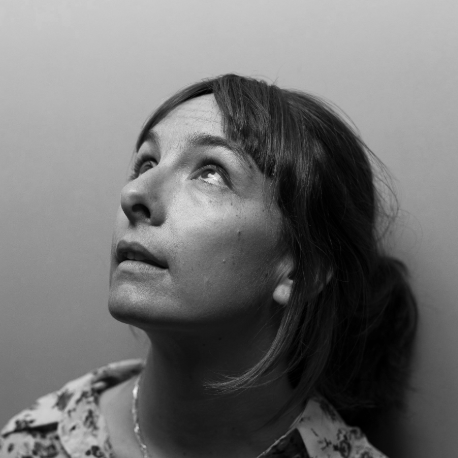
Ana Bigotte Vieira
Ana Bigotte Vieira graduated in Modern and Contemporary History (ISCTE). She specialized in Contemporary Culture and Philosophy (FCSH-UNL), and in Theater Studies (UL). Between 2009 and 2012 she was a Visiting Scholar in the Department of Performance Studies at New York University/Tisch School of the Arts (NYU). Her research has focused on the relationship between experimentalism in the arts, and cultural and urban transformations in the second half of the 20th century. She is an integrated researcher of the Institute of Contemporary History (IHC) and the Center for Theater Studies (CET), where she belongs to the group of theory and aesthetics of Contemporary Performative Arts. Dramaturg and co-founder and curator of the platform baldio | Performance Studies.
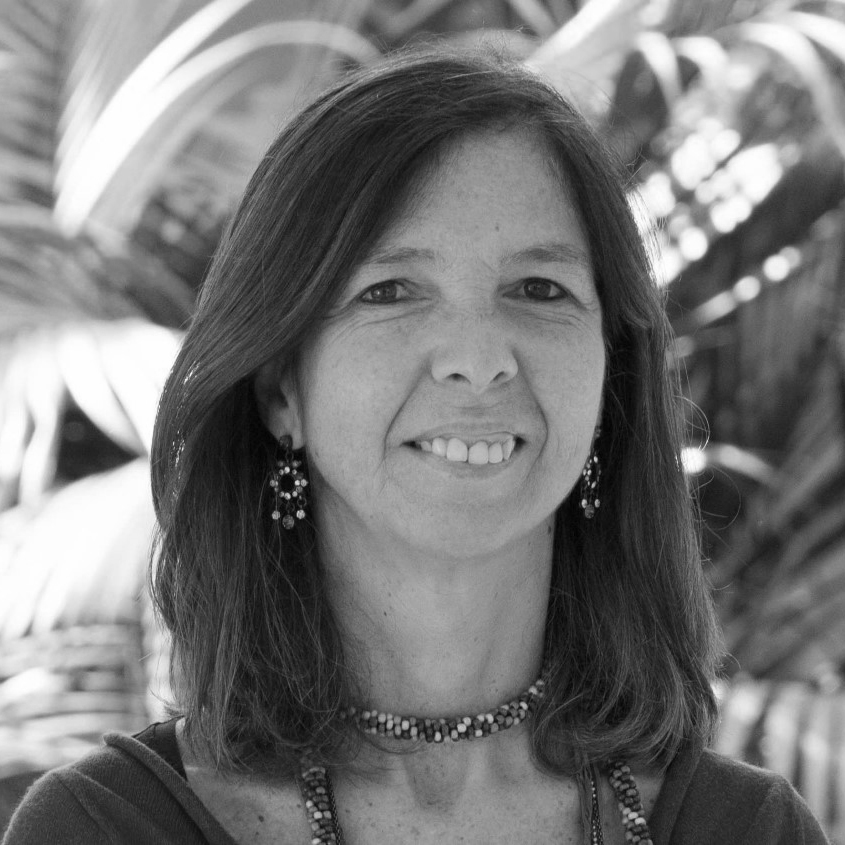
Ana Paiva
Ana Paiva is a Full Professor in the Department of Computer Engineering at Instituto Superior Técnico (IST) from the University of Lisbon and is also the Coordinator of GAIPS – “Group on Artificial Intelligence for People and Society” at INESC-ID. Her group investigates the creation of complex systems using an agent-based approach, with a special focus on social agents and robots. Her main research focuses on the problems and techniques for creating social agents that can simulate human-like behaviours, be transparent, natural and eventually, give the illusion of life. Over the years she has addressed this problem by engineering agents that exhibit specific social capabilities, including emotions, personality, culture, non-verbal behaviour, empathy, learning, collaboration, and others.
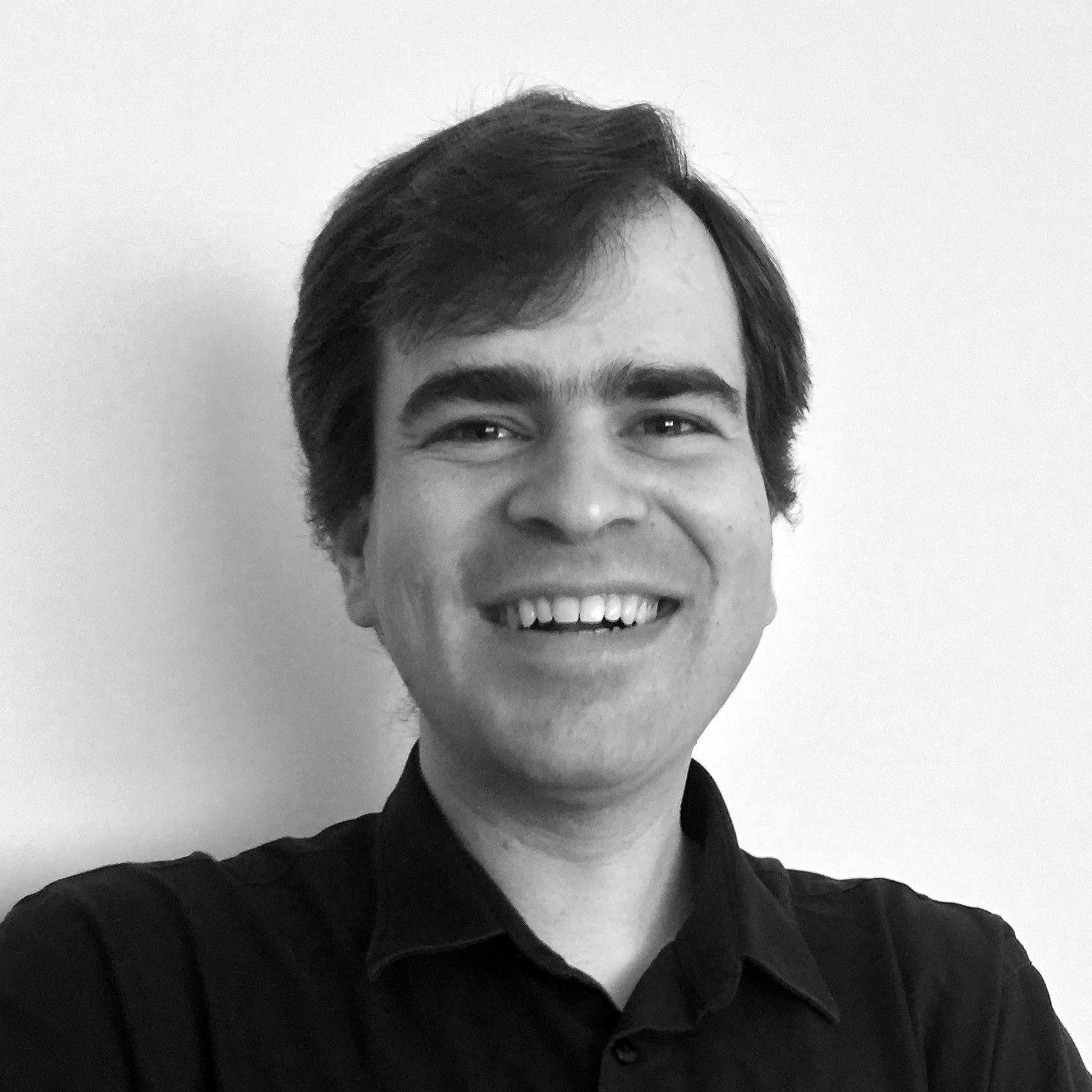
Hugo Plácido da Silva
Hugo Silva completed his PhD in Electrical and Computers Engineering at the University of Lisbon (2015) and has been a researcher at the Institute of Telecommunications since 2004, as well as a Professor at Escola Superior de Tecnologia do Instituto Politécnico de Setúbal since 2016. Co-founder of PLUX – Wireless Biosignals, established in 2007 as an innovative technology-based company operating in the field of medical devices for healthcare and quality of life, where he is currently a Board Member and Innovation Advisor. More recently, he has been actively working towards making the world a bit more physiological through BITalino, an open source software and low-cost hardware toolkit for applications with physiological sensors.
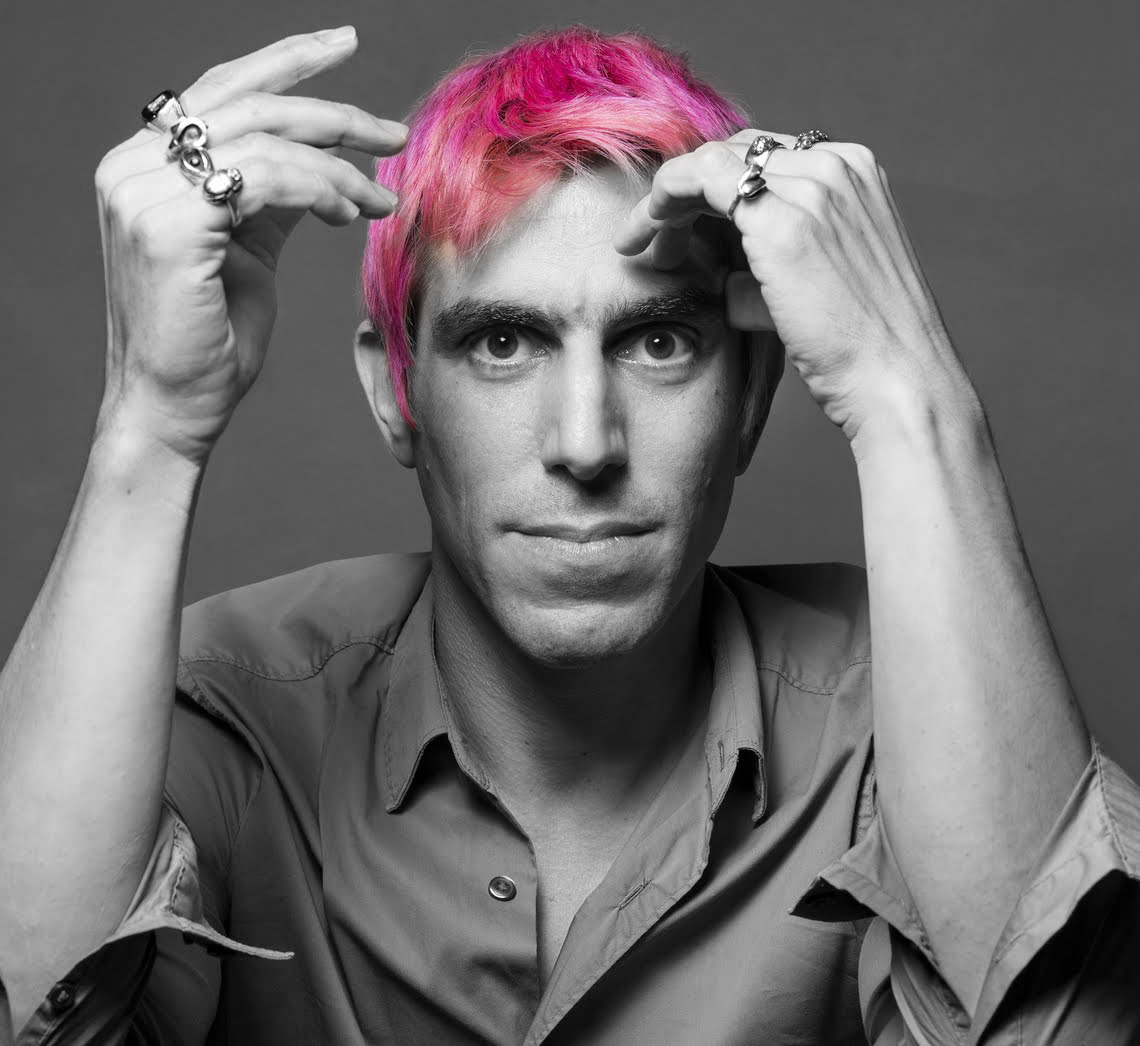
Jesse Prinz
Jesse Prinz is a Distinguished Professor of Philosophy and Director of Interdisciplinary Science Studies at the City University of New York, Graduate Center. His research focuses on the perceptual, emotional, and cultural foundations of human psychology. He is author of Furnishing the Mind (2002), Gut Reactions (Oxford, 2004), The Emotional Construction of Morals (2007), Beyond Human Nature (2012), and The Conscious Brain (2012). Two other books are forthcoming: The Moral Self and Works of Wonder.
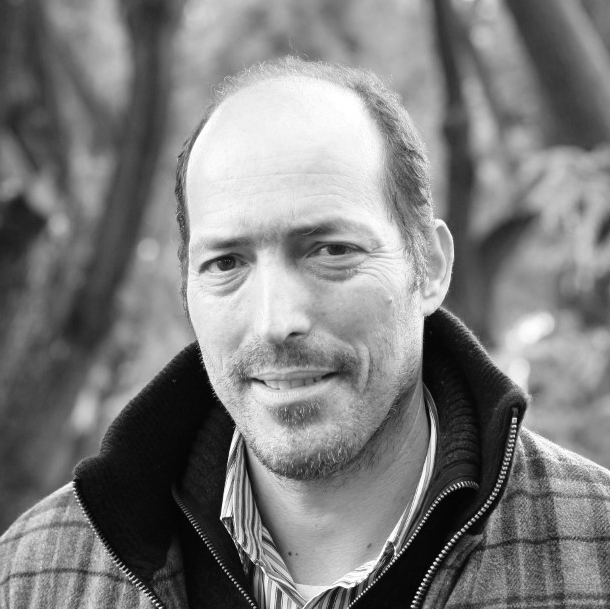
João Pedro Sabina dos Santos Valente
João Valente has a degree in Physics Engineering (University of Coimbra), and a PhD in Electronic and Computer Engineering (University of Minho), having spent one year at Massachusetts General Hospital (USA), through the Massachusetts Institute of Technology (MIT) and the Harvard Medical School. Professor at the Health School of the Polytechnic Institute of Castelo Branco, his research focuses on the neuroscience of emotions applied to health, psychology and marketing. He is currently involved in three major projects: INNOACE-Inovação, MOBFOOD and AGA@4Life. Founder of Brainanswer, an online platform which allows the development of research paradigms (stimuli protocols) integrated with data collection tools (forms, bio-sensors, eye-tracking, EGG, etc.).
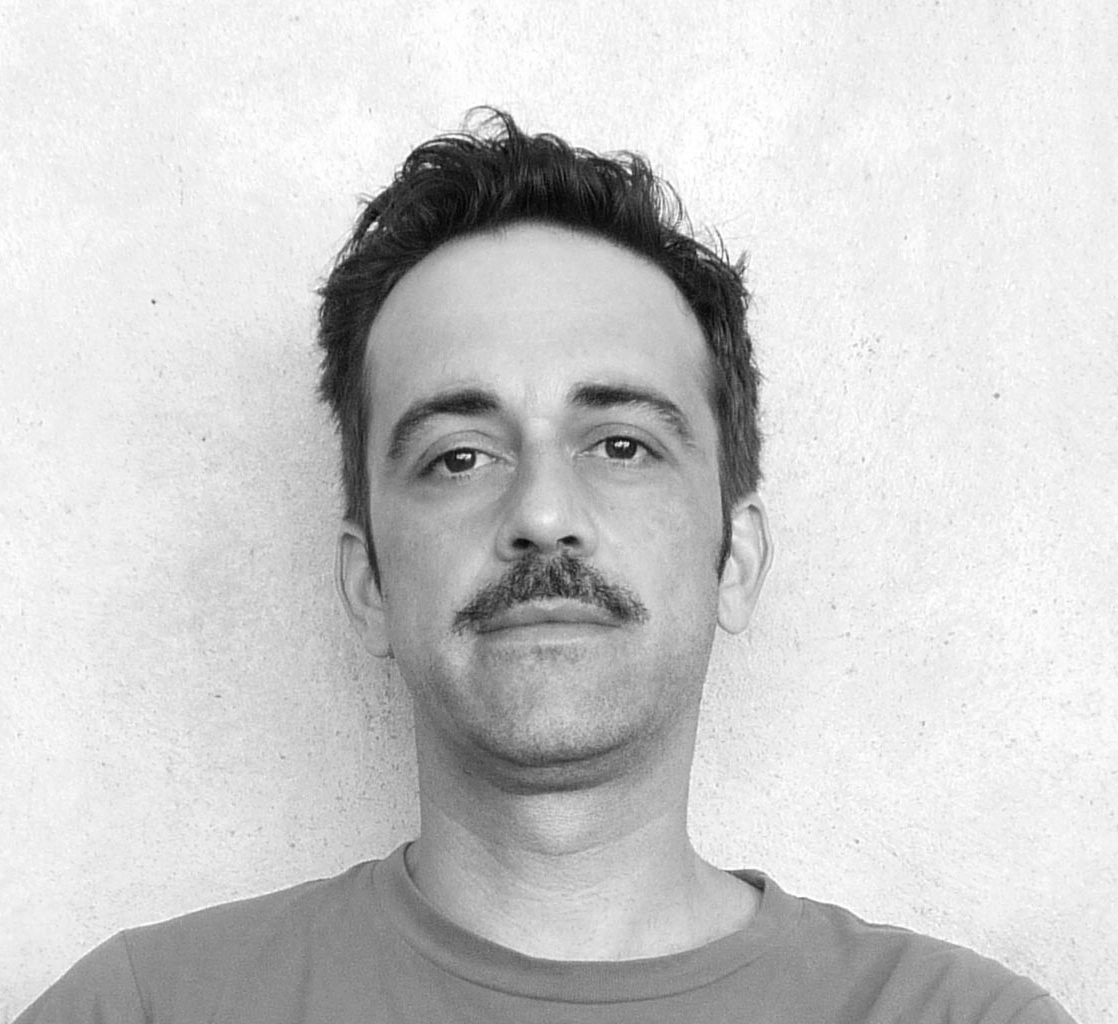
Ricardo Seiça Salgado
Ricardo Seiça Salgado has a PhD in anthropology, is a performer, integrated researcher at CRIA-UC (Center in Research Network in Anthropology, University of Coimbra), and co-founder of Baldio | Performance Studies where he conducts research between anthropology, politics, performance art and education. Recently, he explored the contamination between ethnography and theatrical methodologies to rehearse new tools for research-action. As artistic director and performer, he has taught various workshops and works with several directors, recently undertaking interdisciplinary performances produced within the BUH! project.
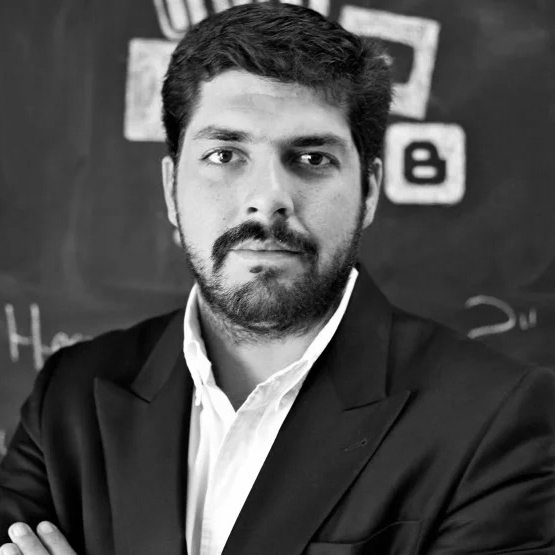
Rodrigo Moita de Deus
After a career linked to journalism and public intervention, he worked for the Champalimaud Foundation and founded the PR agency NextPower. Currently he´s a board member of the NewsMuseum (a multimedia museum dedicated to freedom of speech and freedom of the press), and resident political analyst in RTP (Portuguese public broadcasting network). Former board member of the Social Democratic Party (PSD), member of several consulting boards, Rodrigo is also an invited speaker in several national and international conferences.
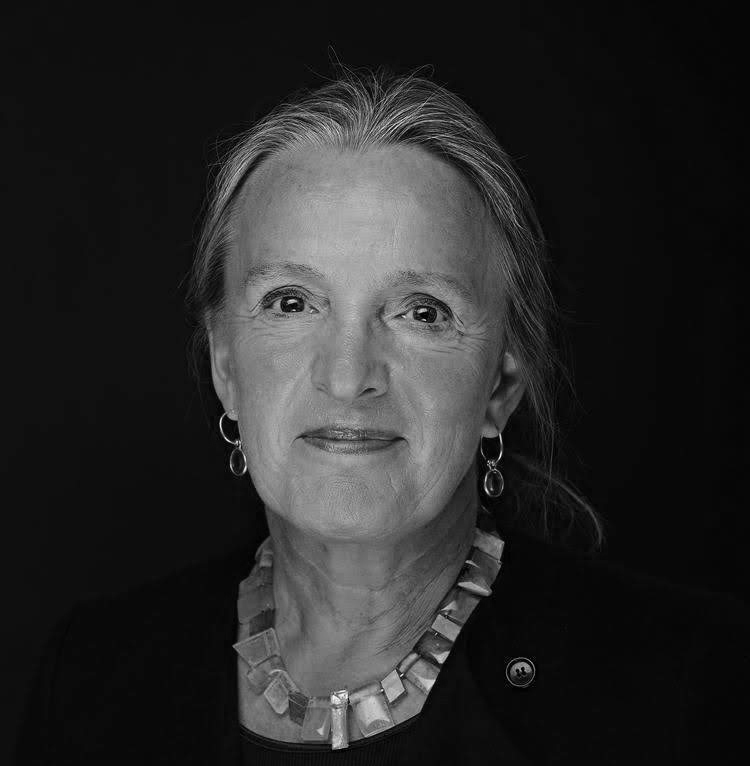
Ute Frevert
Ute Frevert has been Director at the Max Planck Institute for Human Development and Scientific Member of the Max Planck Society since 2008. Between 2003 and 2007 she was professor of German history at Yale University and prior to that she taught History at the Universities of Konstanz, Bielefeld and the Free University in Berlin. She is a member of the Berlin-Brandenburg Academy of Sciences and Humanities and the German Academy of Sciences Leopoldina, and serves on several scientific boards. She was awarded the prestigious Leibniz Prize in 1998, and the Order of Merit of the Federal Republic of Germany in 2016.
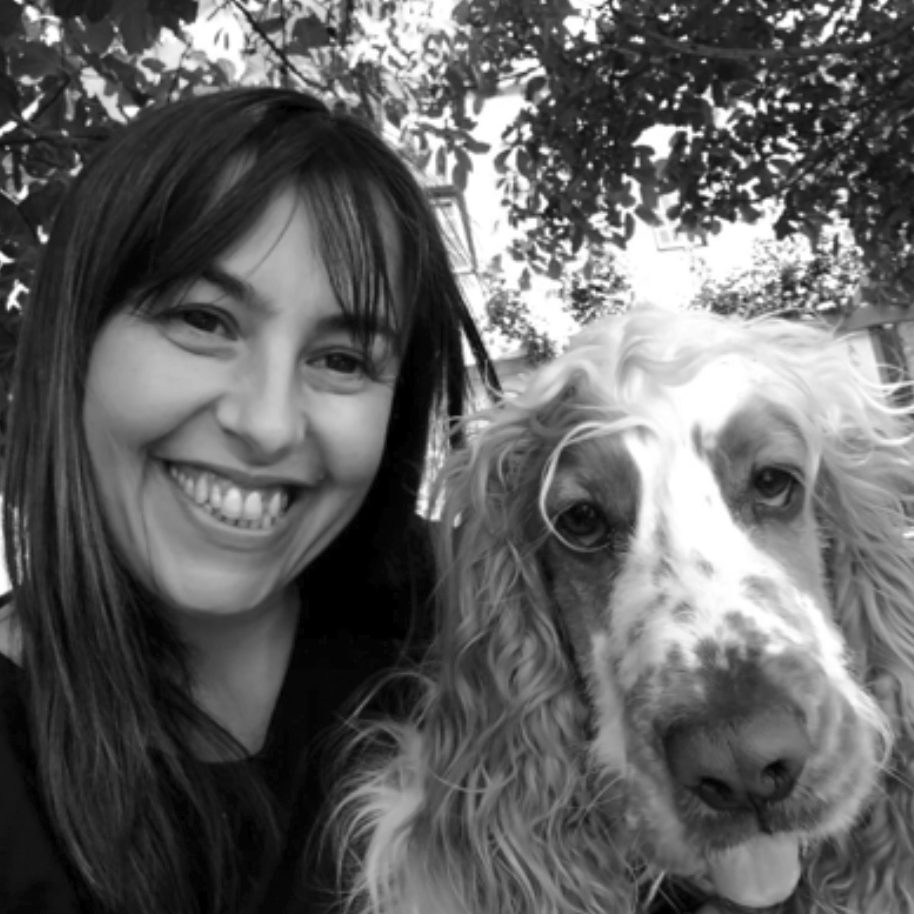
Francisca Alves Cardoso
Francisca Alves Cardoso was awarded a PhD in Biological Anthropology/Paleopathology (Durham, UK, 2008). Her research focuses on the significance of socio-economic and cultural variables in the interpretation of human skeletons. In 2015, she became the leading researcher of two ongoing FCT funded projects on Portuguese Human Identified Skeletal Collections and the Project Bone Matters. Also in 2015, she implemented the Biological Anthropology and Human Osteology Laboratory (LABOH), hosted at NOVA FCSH. Her work is at the intersection of Human Identified Osteological Collections (HIOC) within Biological, Social and Cultural Anthropology, Archaeology, History, Medicine, and other areas of Social and Life Sciences, always seeking a complementary interdisciplinary approach to the study of bone tissue and Human Osteological Remains (HOR), and how these are used for scientific production and teaching.


